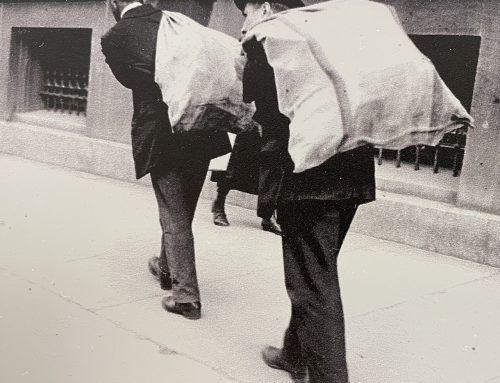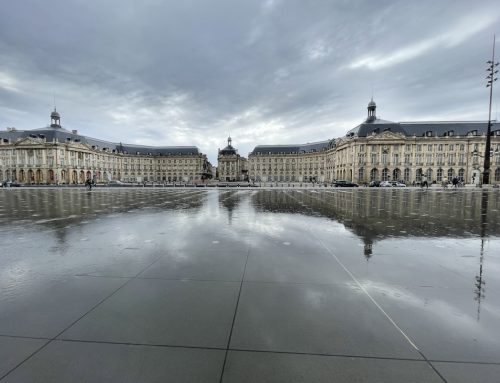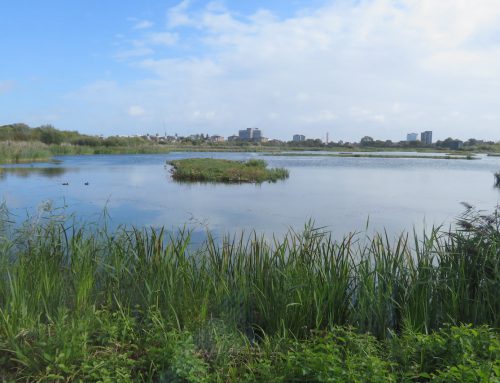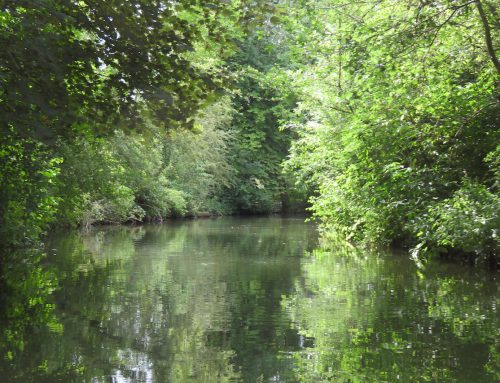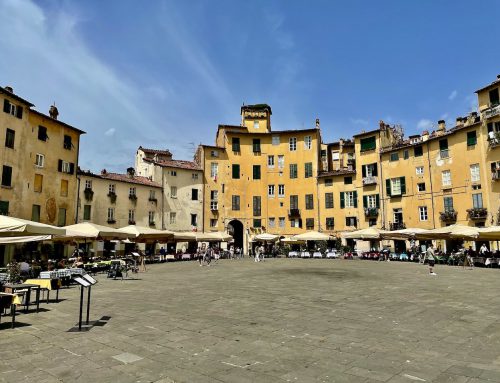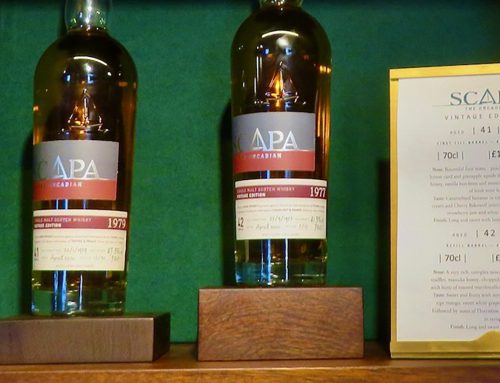I was an opera virgin

Origin of the red socks - apparently hosiers to the Pope

Origin of the red socks - apparently hosiers to the Pope
Glyndebourne, United Kingdom
It was incredibly posh, amazingly well organised, and one hell of an introduction to a newcomer. You see, I am, or was, an opera virgin. At least I went to one opera years ago, I cannot remember its name, but do recall being squeezed into the tiny seats of Milan’s La Scala and falling instantly into a wonderfully deep sleep. I recollect waking up halfway through what I saw as an incomprehensible singsong, being desperate for a pee, but unable to move left or right for fear of disturbing the opera buffs who surrounded me. I thought then that opera was not for me but for a different sort of person, the kind who was brought up in a world I did not understand. There was an unbridgeable gulf that I simply had not bothered to fill.
Then along came Glyndebourne.
I realised I was spoiled, as I had been invited by a good and lifelong friend. Poor chap had long been trying to civilise me – so he said - and I had forever decided to fight shy. Then for some reason, it could have been a surplus of evening alcohol, I agreed to give it a go. And boy, am I glad I did.
Glyndebourne is the definition of people watching. You dress up in your best bib and tucker, black tie of course, and off you go to a huge country house in the East Sussex countryside. The place is run like a daily mass casualty incident from May to October each year. The auditorium seats roughly 1500 people, not large by many standards, but sufficiently small to be homely and welcoming and adequately large to feel grand. Yet the Glyndebourne experience starts well before the performance, in the gardens outside.
Your first task is to find the best spot for tea, somewhere in the umpteen acres of well-kept gardens. The audience gathers in small groups at specially rented tables, which are covered by green tablecloths to give that extra eco effect. To the trained Glyndebourner there are key spots to grab, and it does seem to be a grab, where the really early arrivals, the ones who somehow sneaked in two hours or more before a performance, sit smugly at their table reading a broadsheet.
Despite making sure to be early, we were in the second wave, as there were plenty of others sat at their tables by the time we had arrived. Rather like the hapless nationals from that dominant European country and their towels by the swimming pool when on holiday. You know, the towels that have been left overnight to reserve the best sun lounger. The Glyndebourne equivalent is to send one member of your party into battle as soon as possible to ensure you dominate your favoured spot. Your advance guard then sits prominently in a collapsible, sometimes collapsing garden chair, dressed in their finery and nonchalantly but publically reads their newspaper as if they are there solely for that reason. No one is fooled, of course, as they aimlessly flick pages that are clearly not being read, while they wait for the remainder of their party.
What they are really saying is, "Look at me. I got here first and I have the best spot of all."
Well tough titty you lot. You did not claim the best spot. I know that because we did, thanks to my friend who was at Glyndebourne for his thirteenth time. The secret? It is right beside the… actually I am not going to say as the next thing will be half the world will go there.
However, we ended up hidden like commandos in the tiniest, most secluded of garden alcoves and almost no one knew we were there. I had gladly joined the Glyndebourne Special Forces and found a spot where we could observe, see and analyse the world and its companions. There were tall ones and short ones, fat ones and thin. There were trousers and dresses, some so light and feathery that they almost blew away in the gentle breeze. There were more colours than house a rainbow and an assortment of male hats – the ladies did not seem to wear them – the favoured being the battered Panama that would in due course end up under an auditorium seat. One or two brave souls tried to go off piste, arriving without the archetypal black tie. But the most risqué you are likely to see at modern Glyndebourne, is whether or not to wear braces and maybe, just maybe, bright red socks, a craze clearly being started by my friend.
Some time later the performance starts, the audience taking their positions well ahead of time. At least most of the audience takes their seats, the final few wait until the very last moment and they are always the ones in the middle of the row.
You sit down in your allocated spot, chat to your companion, and then notice the rustling to your left or right as fellow enthusiasts head towards their seats, always beyond yours. Chat put on hold, you struggle to your feet, squeezing backwards to make yourself as thin as possible.
"Sorry," say the fellow buffs, as they stumble past.
"No problem," you reply as you sit down once more. The chat resumes, but for a nanosecond only as moments later the next batch of late arrivals appears.
Up you stand.
"Sorry," they declare.
"No problem," you repeat, trying hard to keep irritation from your tone. Another two pass by. Thank Heavens. Down you sit. Sorry, you don’t. Up you stand. Down you sit. Up, down, up, down. The end result? Thighs like an elephant. There can be no better aerobic exercise than a Glyndebourne opera, as you allow your fellow attendees to reach their reserved spaces. Exhausted, I collapsed back on my seat, massaging my legs, just in time for the opening bars of Mozart’s Escape From The Seraglio.
The experts tell me we had chosen well and that this opera was ideal for a beginner. I did not have to think and had intentionally done no preparation beforehand. My reasoning was clear. Opera is a form of sophisticated entertainment and if the experts have got it right then a virgin like me should require no handholding. The performance should be able to stand on its own two feet, unassisted by explanatory books, pamphlets and discussion. I was not disappointed, despite the event being in German. I see now why there were so many Swiss and German number plates on the surrounding country roads.
But Glyndebourne makes it easy by offering English surtitles, although I cannot believe they tell everything. Way above the stage, so high you feel your neck creaking as you read the digital text, it is a challenge viewing the performance at the same instant. Don’t try; I nearly had to wear a neck collar all night afterwards.
Take an example; the surtitle displays a simple three-word sentence declaring, “I love you.” The opera was after all about boy seeks girl, another boy meets another girl, while a big, initially bad Pasha gets in the way and somehow reaches the end of the opera without singing a solitary note. Yet those three words are followed by five minutes of singing, so I cannot think that surtitles give anything other than a vague direction.
And my favourite bit? A no-brainer. It was the scullery scene. Anyone who has spent a length of time in the company of the opposite gender would recognise it instantly. Plates thrown, crockery shattered, pots and even food littered everywhere, until the man – it seems always to be the man – was chased out the door by a knife-wielding woman intent on murder. It makes me worry about Mozart’s parents, as he was only 26 years old when he wrote the thing, and yet he had domestic discord down to a tee.
But Glyndebourne would not be complete without the food. There is posh food, semi-posh and grub for the ruffians. We went semi-posh but being so allowed me to be as greedy as I wished. A reserved table in a self-service cafeteria, squashed in elbow-to-elbow with DJ-clad operagoers and a choice between roast beef and salmon en croûte? What a dilemma. I like them both, you see, so the only option was two huge helpings, one of each. No wonder my BMI is headed north.

